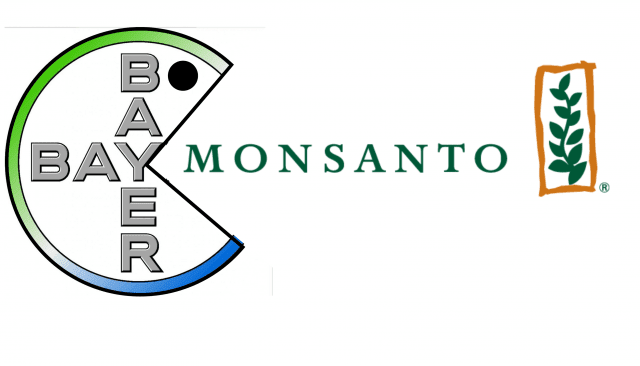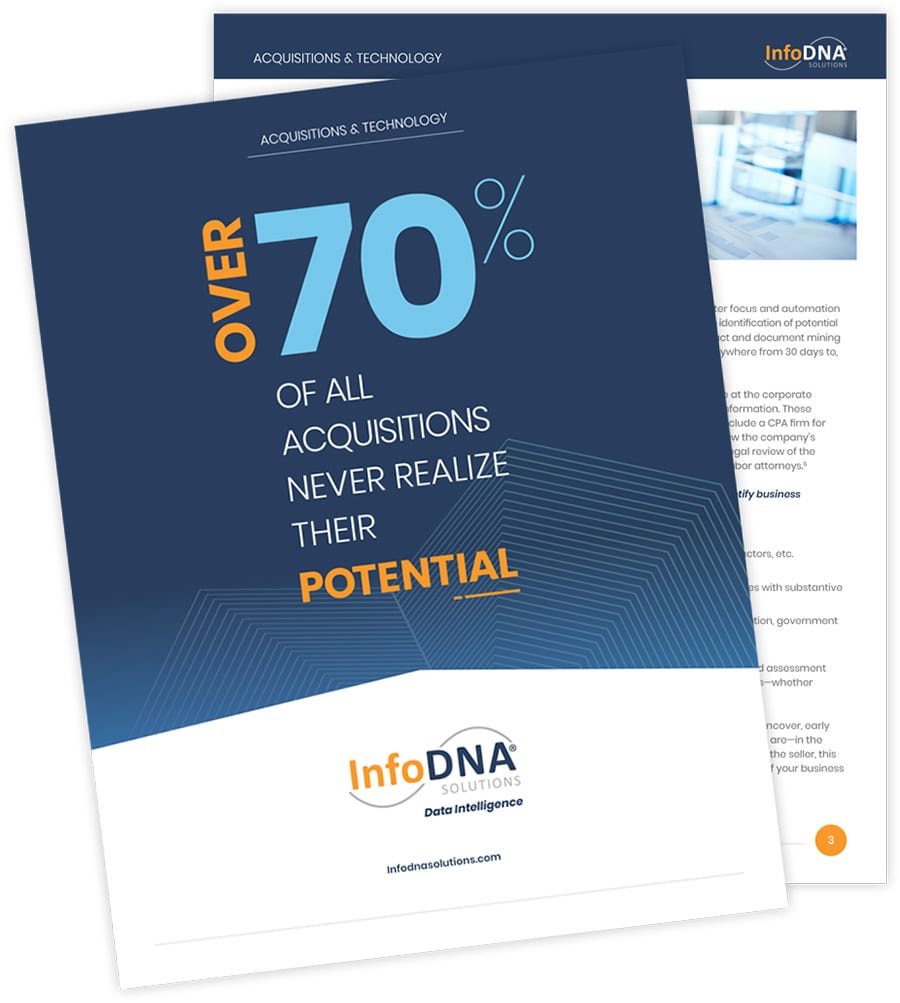
The ink is barely dry on Bayer’s contested desire to acquire Monsanto for $62,500,000,000 (that is $62.5B to the rest of the world). The acquisition took Bayer 2 years to get through approvals around the world – with the final one from the United States in April 2018. But even as the deal was closing, there have been these nagging legal problems with this small product called ‘Roundup’ and the chemical glyphosate. Now the Chairman of the Board of Bayer has been fired because of it. Billions in legal fees, settlements and jury trials are just the beginning!
Now the Chairman of the Board of Bayer has been fired because of it. Billions in legal fees, settlements and jury trials are just the beginning!
Bayer had plenty of time to understand the potential risks and details of everything at stake in these lawsuits. The Bayer CEO: ‘We may incur considerable financial disadvantages.’ More than 42,700 plaintiffs claim Roundup causes a type of cancer called non-Hodgkin’s lymphoma. Bayer to date has lost three U.S. jury trials in the Roundup litigation.
Monsanto began selling Roundup in 1974 and while the formulation is no longer patent-protected, Roundup remains widely available today. Bayer has repeatedly said Roundup is safe and important to farmers who use the herbicide in combination with the company’s genetically modified seeds.
SO WHY DID BAYER GO THROUGH WITH THE ACQUISITION?
This is a content problem. If Bayer had done deeper due diligence into Monsanto and appreciated the sum total of the problem, this acquisition may not have happened. They had two years from the time it started until closing – so it was not because they were in a rush. Where were all the outstanding documents inside Monsanto that discussed from both an internal business and external litigation perspective the sum of the risk.
 With Topla Intensify, by InfoDNA, our ability to deeply interrogate and extract the truth within documents would have brought forward the analysis quickly and with very high accuracy. Whether Monsanto should have done their own internal audit or Bayer showed up with the right document AI tool – the extent of the problem would have been realized early in the due diligence portion of the effort.
With Topla Intensify, by InfoDNA, our ability to deeply interrogate and extract the truth within documents would have brought forward the analysis quickly and with very high accuracy. Whether Monsanto should have done their own internal audit or Bayer showed up with the right document AI tool – the extent of the problem would have been realized early in the due diligence portion of the effort.
 Learn more from the White Paper titled “Over 70% of all acquisitions never realize their potential at https://infodnasolutions.com/whitepaper/
Learn more from the White Paper titled “Over 70% of all acquisitions never realize their potential at https://infodnasolutions.com/whitepaper/

